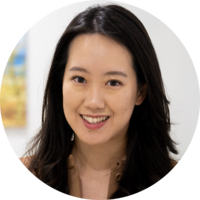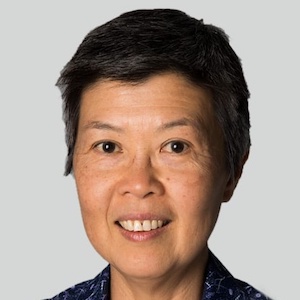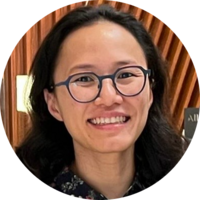This webinar took place on August 26, 2024 at 08:00 AM UTC.
Understanding genitourinary fistula is key for healthcare professionals to provide effective treatment and compassionate care, significantly improving patient outcomes.
Are you a fellow, trainee, or early career professional? Or are you simply interested in genitourinary fistula? Join our free webinar to learn the essentials of diagnosing and managing genitourinary fistulas with Professor Judith Goh (Australia), an experienced urogynecologist and fistula surgeon, and Dr. Hnin Kyaw (Australia), a senior obstetrics and gynecology registrar.
What You’ll Learn:
- How to diagnose and manage genitourinary fistulas
- Volunteering opportunities overseas and how to get involved
On-demand access to IUGA Webinars is a benefit of IUGA membership. Please visit the Video Library and log in with your IUGA credentials to watch this recording. Not a member? Join today!
Moderator

Dr Yeung is a subspecialist urogynaecologist currently practicing in Brisbane and Gold Coast, Australia. She has a special interest in minimally invasive and vaginal pelvic floor surgery; has published multiple papers in international peer-reviewed journals and is a member of the Cochrane reviewer group for surgical management of prolapse.
Presenter

Professor Judith Goh ,urogynaecologist working in Australia, has been a fistula surgeon since 1995. She has had the privilege of working with the late Dr Catherine Hamlin at the Addis Ababa Fistula Hospital on numerous working visits to that hospital. Prof Goh continues to be a self-funded volunteer in many parts of Africa, Asia and the Pacific.
Presenter

Dr Hnin Yee Kyaw is a RANZCOG advanced trainee with a strong interest in urogynaecology and humanitarian medicine. She will be pursuing a Certificate of Urogynaecology subspecialty training as a fellow commencing 2025. She has had a strong interest in volunteering since her pre-graduate days, dabbling in non-medical volunteering and fund-raising for different causes. As a junior doctor, she has continued to find ways to participate in charities and learnt through personal experience where her efforts can be beneficial, and when it can be a hindrance to providing good sustainable care for the local community. She hopes to share some insight for others wanting to pursue a similar cause.




